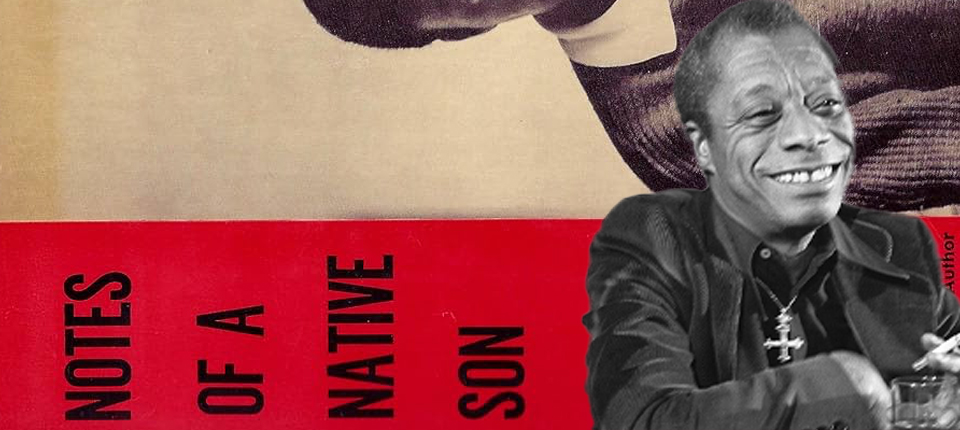In 2015 the German author Katja Oskamp gave up writing to train as a chiropodist. Described as “part memoir, part collective history”, her subsequent book, Marzahn, Mon Amour (2019), poignantly recorded her clients’ stories; their loves, loss and disappointments. The English translation by Jo Heinrich, under the same title, won the Dublin Literary Award in 2023.
Half Swimmer (Halbschwimmer, 2003), also translated by Heinrich, was Oskamp’s debut short-story collection. These interlinked tales describe the experiences of a young woman, Tanja, growing up in the German Democratic Republic (GDR). We follow Tanja’s rites of passage from childhood to marriage and a career in theatre. Oskamp, herself a playwright, has spoken about drawing from her own life in her writing, and these vignettes – anecdotal in tone, describing Tanja’s familial relations and various encounters that define her future – have a strongly autobiographical feel.
Tanja’s mother is a teacher, while her father has a shadowy role “high up in the army”, presumably a euphemism for the Stasi. In the final story, “Back on Speaking Terms”, Tanja, who is by now estranged from both her parents, refers to him as “a snitch”. The period’s pervasive surveillance is brought home most forcefully in “The Letter”, in which we see Tanja hauled over the coals by her teachers after writing to the Ministry of National Education. The missive’s contents are not revealed, but the implication is that Tanja has expressed a preference for her teacher’s ad hoc storytelling over the compulsory books approved by the state.
Oskamp’s most evocative stories are those narrated from a child’s perspective. “Ruckedigu” is a poignant snapshot of Tanja’s grandfather Walter and his passion for homing pigeons (ruckedigu is the sound of their cooing). Tanja is shocked to learn that Walter lost his leg in an accident at the local steelworks, rather than during the war. The family’s tragedy is offset by their resilience (and pride), beautifully conveyed in Tanja’s joyous description of riding in Walter’s Krause Duo, tucked between her grandmother’s legs.
We also meet Tanja’s partners. Karl, an acclaimed actor with a predilection for cigarettes and schnapps, is much older – they get together when she is eighteen and he is in his early forties, much to her parents’ disapproval. In “Seventy-two Steps”, we learn she has left Karl for Benno, another actor and a petty thief, while “Cut” includes a description of her enigmatic husband, Konrad, a conductor.
“Halbschwimmer” is a German term for “one who has recently learned to swim but hasn’t yet mastered the technique”. Half Swimmer is clearly the work of a younger author honing her narrative style. It is a vivid portrait of ordinary lives in the former GDR and a welcome companion piece to Marzahn, Mon Amour.
The post Swimming lessons appeared first on TLS.

 By Times Literary Supplement | Created at 2024-11-14 02:17:56 | Updated at 2024-11-21 18:34:28
1 week ago
By Times Literary Supplement | Created at 2024-11-14 02:17:56 | Updated at 2024-11-21 18:34:28
1 week ago








